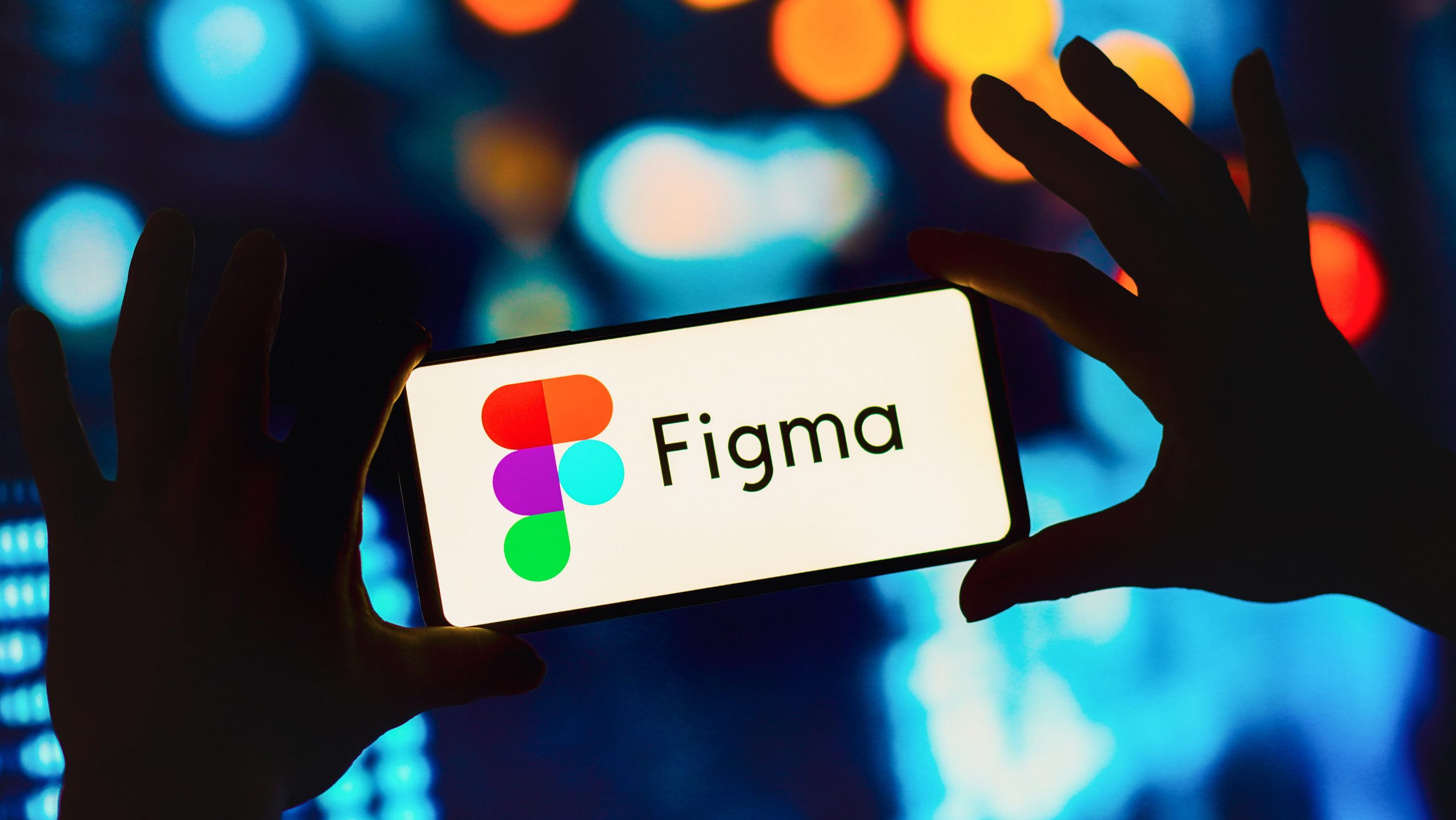Figma bets on India to expand beyond design

Figma is expanding its presence in India by opening a local office and hiring Indian talent, aiming to strengthen ties with one of its largest user communities. The company also wants to attract more developers, in addition to the designers who already use the platform regularly. Figma, founded in 2012 by Dylan Field and Evan Wallace, changed the design landscape with its browser-based interface at a time when most designers depended on desktop tools. Initially met with skepticism, Figma eventually emerged as a vital collaboration tool for UX and product teams. Now, it seeks to accelerate similar adoption among developers, identifying India as a crucial market for this growth.
The Importance of the Indian Market for Figma
India boasts one of the world’s largest developer communities, a fact well-recognized by tech giants like Microsoft, whose GitHub platform counts nearly 22 million Indian developers. Approximately 40% of Figma’s users globally are developers, and recent feature rollouts focus on bridging the gap between design and engineering workflows. Despite these efforts, Figma still battles the perception among many Indian developers that it is merely a design tool and not an end-to-end platform for product creation. As Abhishek Mathur, VP of Engineering at Figma, explained, the company wants Indian developers to see Figma as more than just a tool for writing code.
On Wednesday, Figma opened a new office in Bengaluru, furthering its global expansion that already includes locations in Tokyo, Singapore, London, Paris, Berlin, Sydney, and São Paulo. Previously, Indian users were supported remotely from Singapore, but the company now sees clear value in an on-the-ground presence, particularly as the user base in India continues to grow. According to Mathur, India has always represented a global hub for innovation, and international markets play a significant role in Figma’s usage overall.
Currently, 85% of Figma’s total usage is international, with India as the second-largest user base after the U.S. By the third quarter of 2025, Figma served users in 85% of India’s 28 states. More than 40% of the top 100 companies on the Bombay Stock Exchange are Figma customers, and the Indian user community numbers over 25,000 members.
Product Evolution and Local Adoption
In May, Figma released a suite of AI-powered features to increase its utility beyond design teams. These new features position the company in competition with not only Adobe and Canva but also AI coding platforms. One standout, Figma Make, enables users to generate functional web applications from natural language prompts and allows for collaboration on both design and code. Remarkably, India is the leading market for Figma Make, with over 800,000 prototypes generated by Indian users.
Figma is also experiencing greater adoption among Indian developers, especially with the introduction of dev mode, which streamlines the conversion of designs into code. Feedback from India has already influenced Figma’s product development; requests from local users pushed the company to improve code-export capabilities, resulting in higher-quality code output. According to Mathur, while usage patterns are similar to those elsewhere, the scale and certain operational challenges are uniquely intense in India.
The new Bengaluru office will initially focus on boosting Figma’s sales and marketing operations. The company already counts leading consumer startups like CRED, Groww, Fynd, Swiggy, and Zomato among its Indian clients, alongside IT giants such as Infosys and TCS, and major consumer brands like Airtel, CARS24, and Myntra. In 2024, Figma generated around half of its revenue from outside the U.S., with India acknowledged as an essential market, even though specific local revenue contributions remain undisclosed.
As Figma continues to grow in India, it plans to host more events, interact directly with customers of all sizes, and possibly expand its offerings as time goes on. The company’s strategy underlines not only the importance of India in its global ecosystem but also the vital role local users play in shaping Figma’s product roadmap.
Tags: Figma në Indi, zhvillues indianë, zyrë e re në Bengaluru, bashkëpunimi dizajn-zbatim, funksione të reja me AI, komuniteti teknologjik indian
